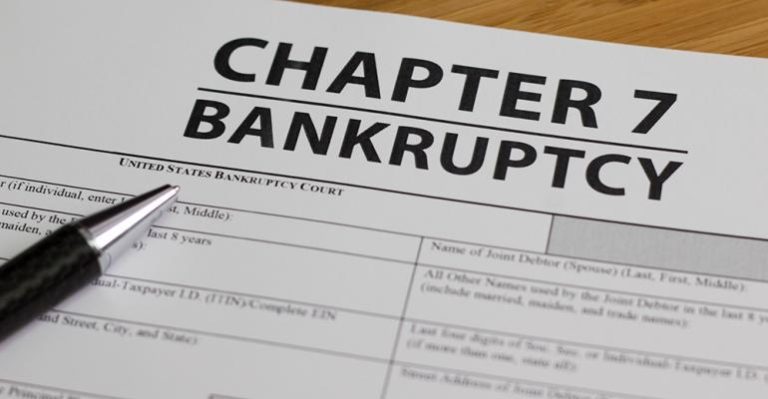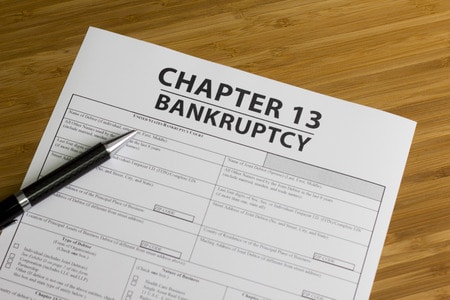Bankruptcy Law Blog

Attorney’s Fees for Chapter 7 Bankruptcy
If you are considering Chapter 7 bankruptcy as a financial solution, one of your main concerns may be the cost of legal representation.

Should You File Bankruptcy Re-visited
Because it has been demanded, we just wanted to share with you again the previous post: Should You File Bankruptcy.

Mistakes When Filing Bankruptcy
Recently, there has been an increase in programs offering to help you file for bankruptcy on your own. I do not recommend that you use any of these services, even for the simplest Chapter 7. This is a recipe for disaster for the individual debtor trying to file a do-it-yourself bankruptcy on his or her […]

Should You File Bankruptcy?
Many times couples and individuals do not know when to consider bankruptcy – Chapter 7 or Chapter 13. Should you file bankruptcy? Should you file now? Hopefully this checklist may help. FIVE QUESTIONS TO ASK 1. Do you use your credit cards for basic living expenses? If you are relying on your credit cards with […]

Chapter 7 Overview
Chapter 7 is sometimes called a “liquidation” or “straight” bankruptcy. In Chapter 7, a business or consumer debtor obtains a “discharge” of all debts. The discharge will be after a Bankruptcy Trustee [appointed by the court] either liquidates the debtor’s assets to pay creditors or determines that the debtor has no assets to pay creditors. […]

7 Benefits of Chapter 13 Bankruptcy
The Law Offices of Keith F. Carr represents individuals and businesses in Chapter 13 Bankruptcy. Many people do not understand how Chapter 13 can help them other than it is a bankruptcy involving a debt consolidation plan. But Chapter 13 can help a debtor in various ways, more than is realized. Here then is the […]

Surrendering property in bankruptcy
Chapter 7 and Chapter 13 Many times I stress to clients that bankruptcy law allows you to save your car or house. But bankruptcy law also can be used to surrender items that you no longer wish to pay for. Outside of bankruptcy, you may mean well by surrendering a vehicle that you can no longer afford. However, the lender will proceed to sell […]

Correcting Mistakes On Your Credit Report
New legislation has been passed which allows consumers to file a complaint with the Consumer Financial Protection Bureau if they cannot correct mistakes on their credit reports.
Divorce | Family Law Blog

Save Your Employee Stock Options In Divorce
Many working spouses collect stock options during marriage (especially in Silicon Valley) as a form of compensation for employment. These options are considered community property if earned, vested, and exercised during marriage. Community property will normally be acquired from the date of marriage to the date of physical separation of the parties. Problems occur with […]

California’s Financial Disclosure Requirement For Divorce
I find that few couples who seek an uncontested divorce in California know about the disclosure requirements. In California, each spouse to the divorce settlement must disclose all community and separate assets that they own. Each spouse must also provide information regarding his or her current income. This is the Declaration of Disclosure requirement. It […]

If Your Spouse Has an Attorney, Shouldn’t You?
When speaking with prospective clients, I sometimes ask: if your spouse has an attorney, shouldn’t you? There are five reasons why you should have your own representation in your divorce case, instead of relying on an attorney representing your spouse: 1. Your spouse’s attorney is an advocate for the spouse and not you. Many times […]

How to divorce-proof your home
You are no doubt aware of the basics of divorce law in California. Community property is property acquired by a couple during the marriage. Community property is awarded to each spouse during a divorce. Separate property is property acquired by one of the spouses either before marriage, after the marriage, or during the marriage by […]

Add On to Reduce or Increase Child Support
In a family law proceeding, many parents forget to include “add ons,” direct costs associated with child care such as child care costs or transportation costs.
